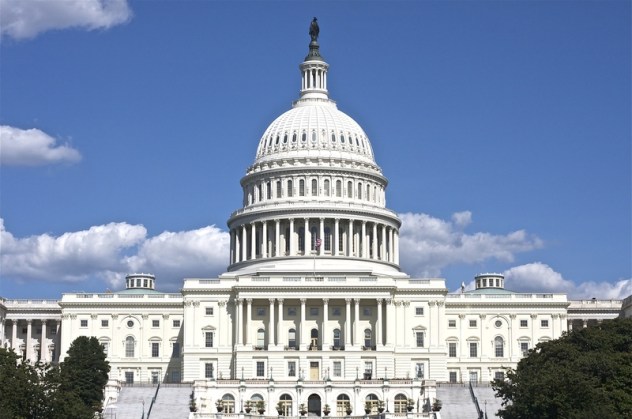Author of Section 230: 230 was not to facilitate people doing bad things on the internet
With Congress about to amend Section 230 of the Communications Decency Act of 1996, a number of pundits in tech circles have decried the amendment as the end of free speech on the internet and various other reasons why the sky is falling. However, one of the section’s authors says that Section 230 is not being used the way it was intended. Former Congressman Chris Cox recently said that Section 230 “was to help clean up the Internet, not to facilitate people doing bad things on the Internet.”
Cox helped wrote the legislation back in 1994 when a financial company tried to sue the platform Prodigy for libel when one of its users had accused the financial company of fraud. Since Prodigy moderated its content for language the courts ruled against Prodigy. Cox wanted protection for platforms like Prodigy from third-party users. The fact that we’re talking about Prodigy, a long dead internet portal, should show you how antiquated Section 230 truly is.
As you may know, Section 230 is about to be amended to include language that would help prosecute websites and platforms that knowingly facilitate human trafficking such as Backpage is accused of doing. Congressman Cox even says that websites connected to unlawful activity should not be protected by Section 230. Let’s also not forget that we’re talking about real human lives that are being peddled through Backpage and if Backpage would be forced to curtail its activities it would greatly reduce the number of women and children being sold as slaves in the US. Without Backpage, we wouldn’t have every two-bit wannabe pimp thinking they can make themselves some money just by getting some girls and advertising them on Backpage. While it wouldn’t solve the trafficking crisis completely, it would go a long way in keeping a lot of people safe from the life that Backpage gets rich off of.
Discover more from Greg's Corner
Subscribe to get the latest posts sent to your email.



Leave a Reply